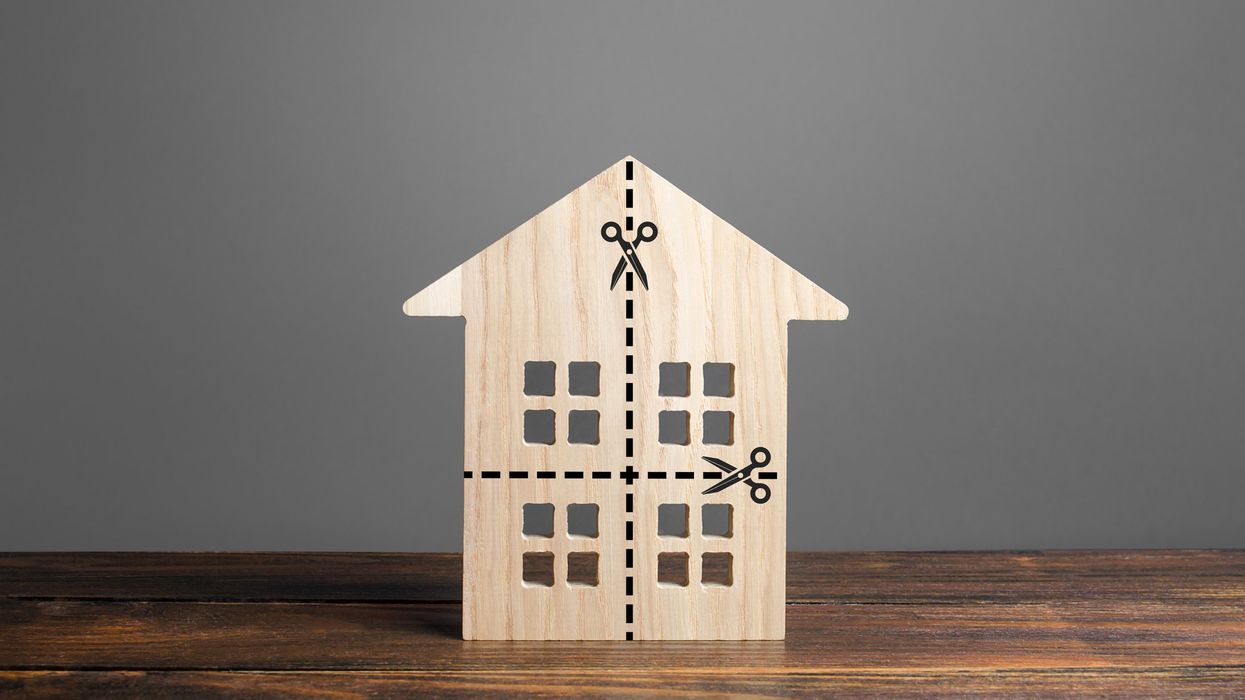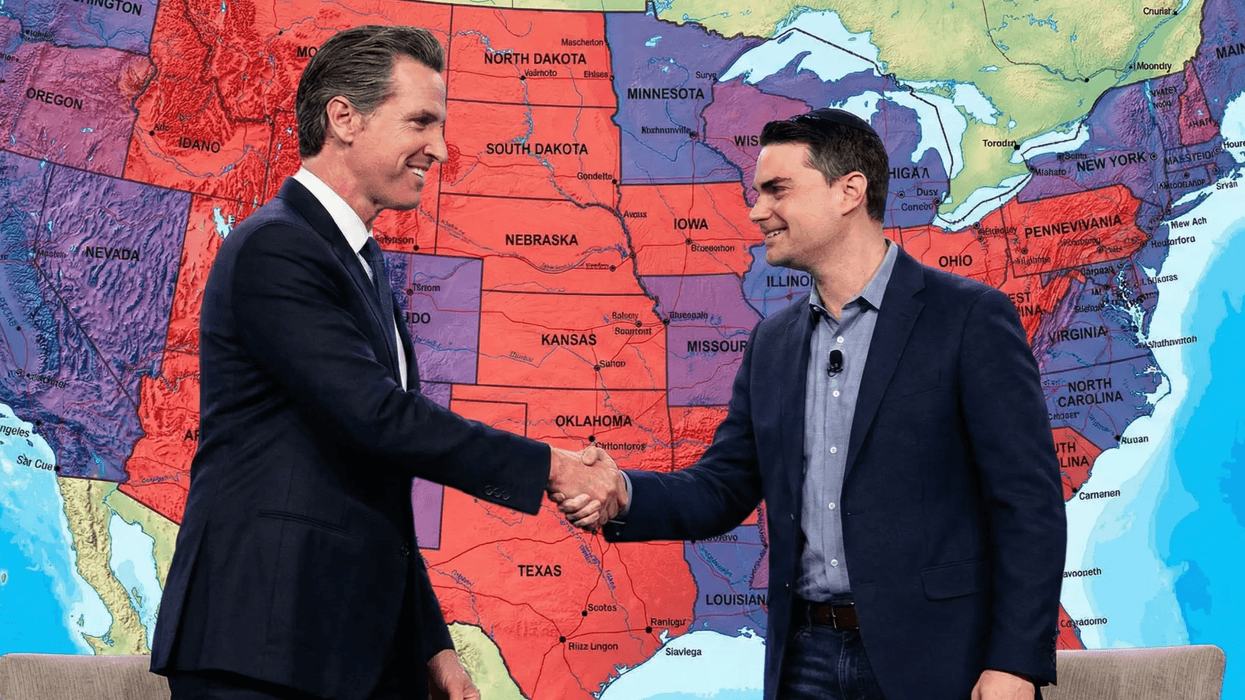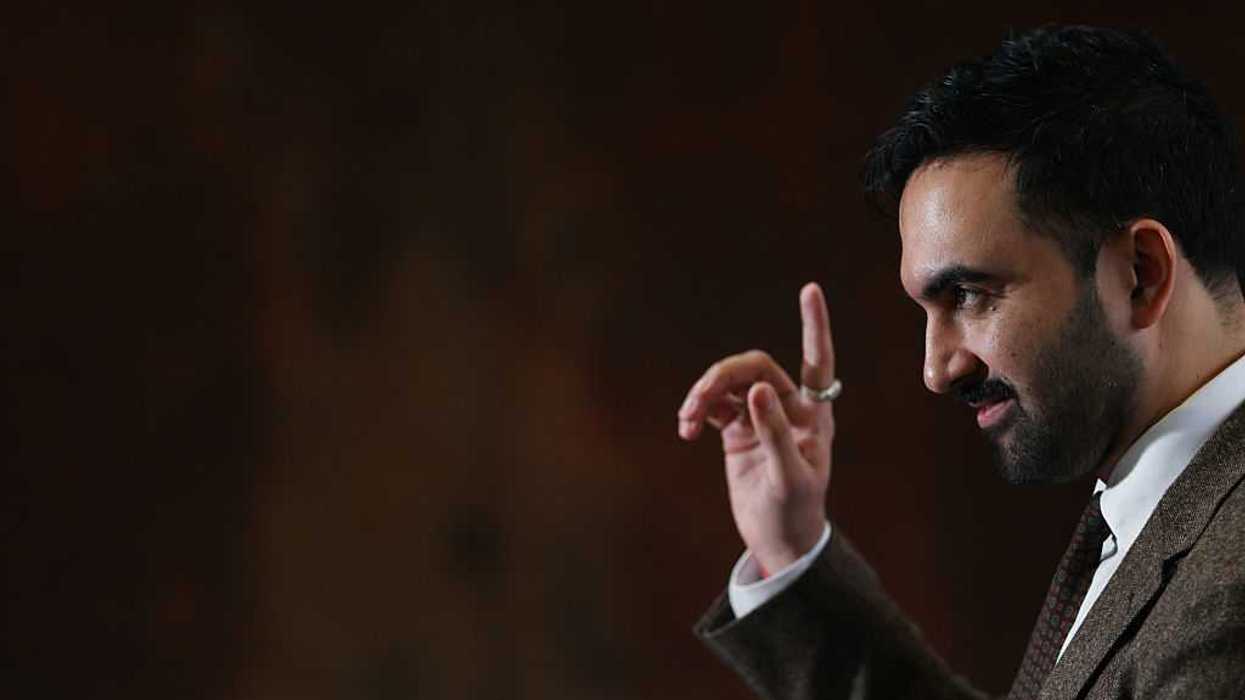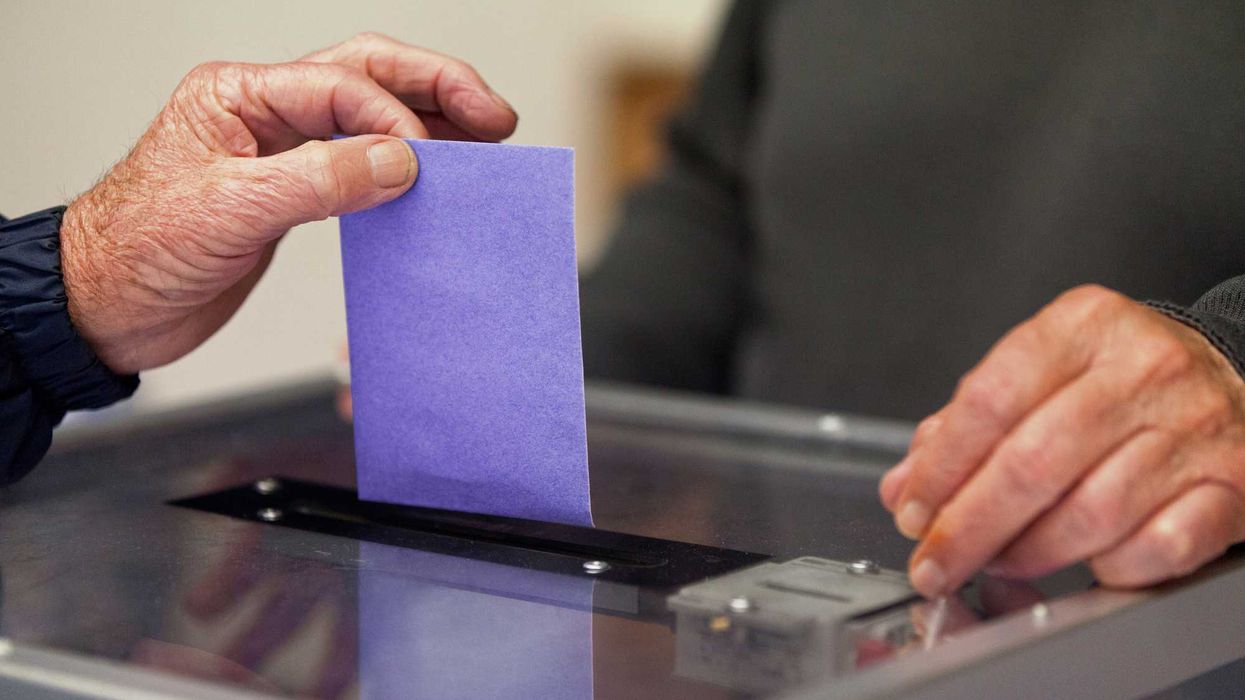“My Father’s house has many rooms…” John 14:2-3
Lately, I’ve been seeing everything through a political lens whether I want to or not. So, it didn’t surprise me that a Biblical verse at a recent memorial service got me thinking about then-Senator Abraham Lincoln’s 1858 speech about a “House Divided.”
I hear the verse to mean there’s space for everyone, which is true of the United States as well. Our nation was built on the idea that everyone—regardless of creed, nationality, race, political belief, or any other factor—can find a place here, contribute to their communities, and thrive. We’re a blend of people who lived here before anyone crossed the Atlantic and numerous waves of immigrants, each bringing unique cultures and beliefs. Some came willingly, some under force. Some came as a first choice, some as a last hope. No matter how we arrived, there was room in this massive house.
We may not always understand or like what’s going on in other rooms of this house but there is room. We may be annoyed by the music blaring from down the hall but there is room. We may disagree on how to remodel areas of the house but there is room.
Unfortunately, we’re now seeing cracks in the very foundation of our shared house.
Some don’t want to believe there’s a problem. Others may see this as normal for such an old house. And then there’s a group that sees people taking a chainsaw to the structures that uphold our house and is sounding the alarm.
As the cracks increasingly show, here’s the deal: we MUST address threats to our structural integrity even as we continue to live in the house.
What does that mean?
It means we all still need clean water, healthy food, health care, education, and physical safety and we need to fix our foundation. If you’ve ever repaired a foundation, you know it’s a massive job.
Understandably, people are feeling demoralized, scared, numb, or angry, to name a few responses over the past several weeks. I’ve heard others question how they can keep working with a long-term focus when there’s short-term urgency.
The answer is we need both. We need people working on issues like clean water, healthy food, health care, education, and physical safety to keep focused on those issues. And while they work to support people in all our rooms, we need many others to fix the foundation.
This is why I’m heartened by the growing number of people who are setting aside differences to do just that. I’ve attended several summits and conferences lately that, quite honestly, just weren’t happening eight years ago. In the past, we would have been too busy arguing over who belongs where or what people have the right to do in their respective rooms to have a productive conversation.
Now, people from across the political spectrum are literally gathering in the same room to attend to our foundation. As just two examples, the Principles First Summit brought together people who described themselves as Republicans (including some CPAC attendees), never-Trumpers, Libertarians, Independents, Democrats, and former MAGA members. We all agreed that people vote based more on hope than hate, that policy is more important than PR, and that collaboration is far preferable to chaos.
Across the country, Braver Angels is bringing people of all political stripes together to have tough—but respectful—conversations and rebuild our civic muscle. That includes a five-part debate series asking “ Is President Trump making America great?” The organization, including through these debates, helps people see themselves in their role as citizens, which Supreme Court Associate Justice Felix Frankfurter described as “the highest office” in a democracy.
Why are we all coming together rather than retreating to our various rooms? Because we know if we don’t defend the foundations of democracy today, we won’t have the freedom to disagree over other issues tomorrow.
At Principles First, we heard from four police officers who were attacked on January 6 as they protected everyone from Alexandria Ocasio-Cortez to Marjorie Taylor Greene. My heart hurt as they described the experience and the aftermath, one noting, “I expected better from Members of Congress who were running for their lives and only made it out because we risked our lives.” Instead, several of those members would name check the officers on national media one day and say “Thank you, officer” the next.
Yet, those officers carried on with their duties, knowing they were protecting the foundation of this country. They focus on their role, not individual members, noting “that seat, God willing, will exist 100 years from now. This is not about the person; it’s about the institution.”
The rest of us must do the same. This house has many rooms and many needs, including now in our foundation. There’s a role for all of us in protecting this house.
Piper Hendricks is the founder and CEO of Stories Change Power. Piper supports hearts and minds that need to reach hearts and minds. Through Stories Change Power, she equips people who want to make a difference in their neighborhoods, communities, and country. Stories Change Power provides the tools, strategy, and network to be an effective, empathetic, and trusted advocate for a just and peaceful world for everyone - no exceptions.



















